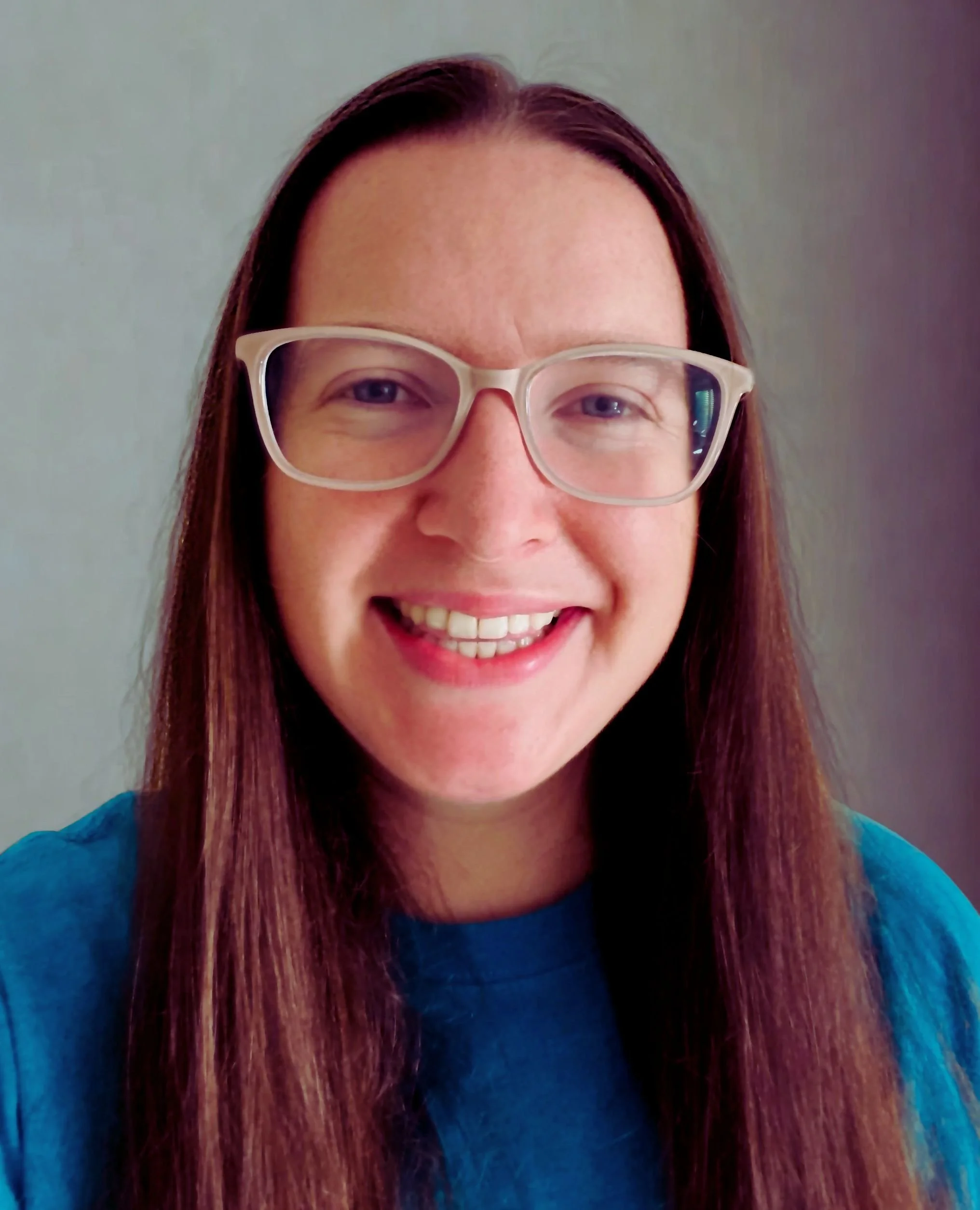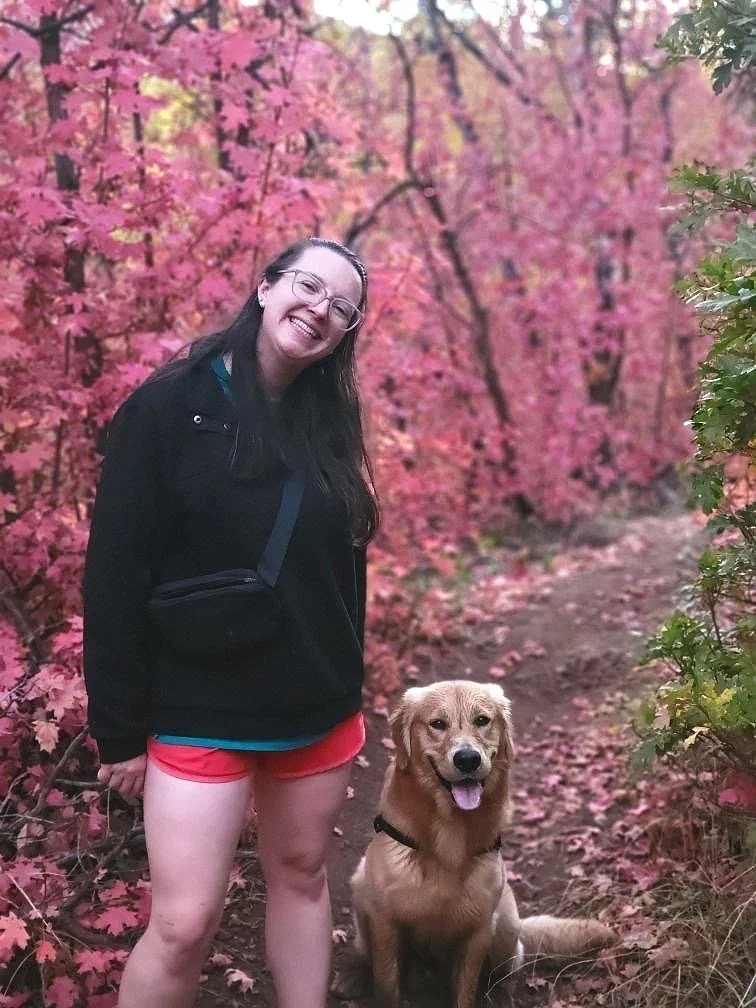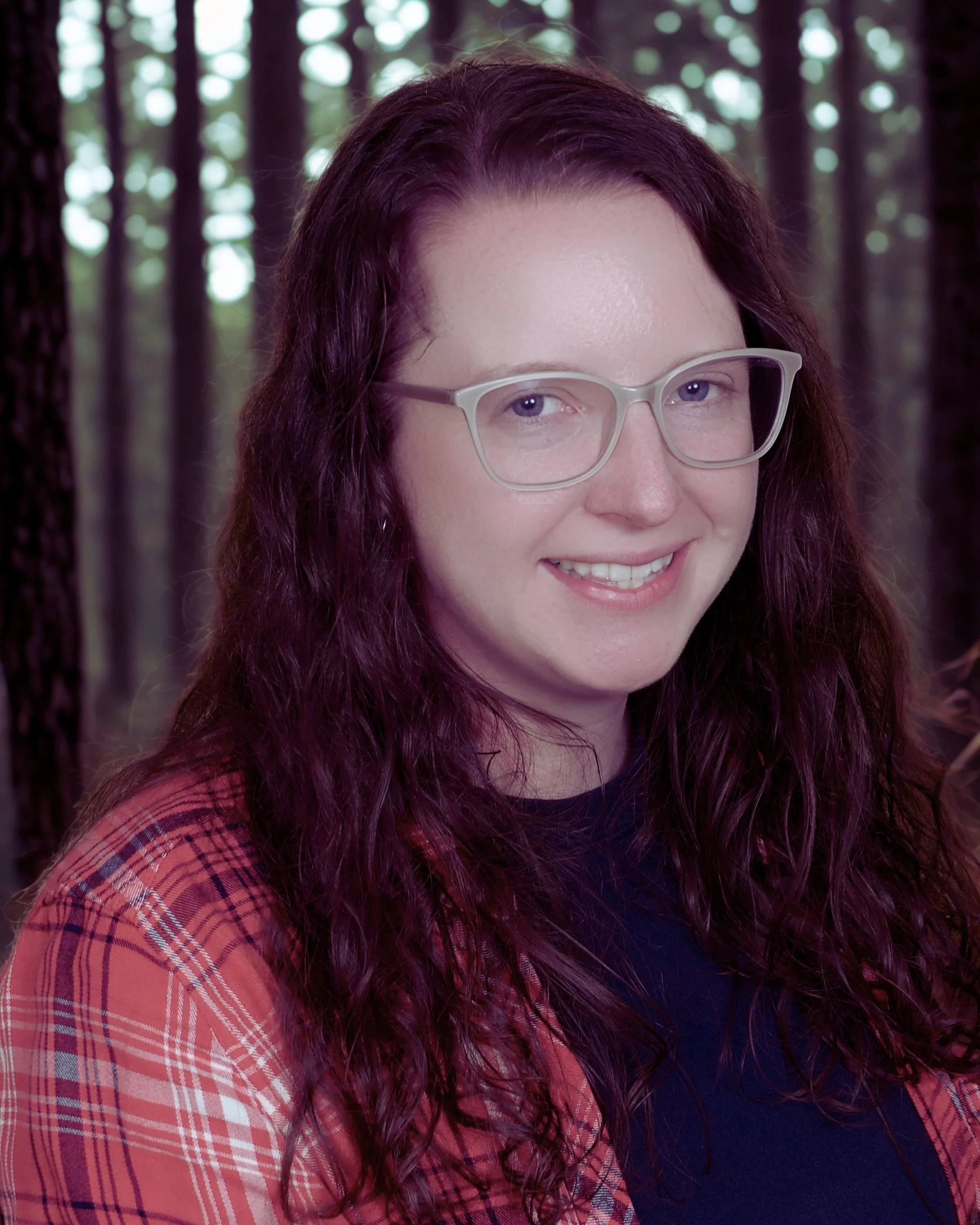Get To Know Me
A critical piece of mental health is understanding yourself and why you do what you do. This self-awareness is deeply influenced by your background, personality, and life experiences. My role is to help you gain that understanding by exploring both your past and your hopes for the future.
My own journey into mental health began in high school with an AP Psychology class; it was the first textbook I ever genuinely enjoyed. I went on to complete two bachelor’s degrees, in International Studies and Linguistics, which taught me to value the profound relationship between language and thought, as well as the intersection of culture and communication. Over the past decade, living in both China and Argentina has broadened my understanding of people from diverse backgrounds.
At the beginning of the pandemic, I was living in Texas while my partner attended graduate school. My job at the time brought me into contact with disabled individuals and their families—some of the people most at-risk from the virus. Witnessing the profound effect this crisis had on their mental health left a deep impact on me.
Helping people is a passion that has always been at my core. From being the bubbly child my mom described as having a "need to help," to serving as a volunteer crisis counselor with the Trevor Project for three years, support and advocacy have been my guiding values. With a strong focus on social justice, I am committed to using my skills and abilities to support you in living the life you desire.
When I’m not working, you might find me enjoying a cup of coffee at a cafe, reading a book, going to the beach, or hanging out with my partner and our goofy golden retriever, Gambit. I look forward to learning more about you and your story.
Relevant Experience
Two bachelor’s degrees from the University of Utah in International Studies and Linguistics
Experience interacting with different cultures and people through living internationally
Volunteering for the Trevor Project as a crisis counselor from 2020-2022
Experience working with disabled individuals and their families
Master’s degree from Palo Alto University in Clinical Mental Health Counseling
Experience counseling teens at a high school for one academic year
Having attended multiple trainings with trauma specialists Bessel van der Kolk, Frank Anderson, Gabor Maté, and Richard Schwartz
Familiarity with the therapeutic process and experience through attending therapy myself
Currently working in private practice with individuals of various ages and backgrounds
Training surrounding and experience with religious trauma and faith journeys and the impacts they can have on mental health.
What You Can Expect From Therapy
It's common to feel some anxiety about starting therapy, often simply because you don't know what to expect. To help you feel more at ease, I'd like to outline what our sessions will look like. We will typically meet for 50 minutes, either online or in-person, based on your preference. Our initial time together will be focused on building a connection and understanding your story. From there, we will collaboratively begin the work of achieving the goals we've set. I look forward to hearing your story and supporting you on this journey.
My Approach As A Therapist
Many different viewpoints and therapeutic approaches have been developed over the years. I strive to integrate multiple models tailored to your individual needs. My practice is primarily informed by the following frameworks:
Humanistic Approach
I value your expertise in your own life and believe in connecting on a fundamental human level. Since many of our wounds occur within relationships, healing often happens through positive and safe connections. I maintain unconditional positive regard—a stance of complete non-judgment—for all my clients. I operate from the principle that we all have valid reasons for our actions. The purpose of therapy is to identify what is and isn't working in your life and to take steps toward your desired future.
Narrative Approach
Humans naturally create meaning from their experiences. Narrative therapy focuses on expanding a person's life story from a narrow "problem-saturated" narrative to a richer, more nuanced one. I will support you in revisiting your past and redefining it on your own terms. While we cannot change what happened, we can change the stories we tell ourselves about it. We often conflate our identity with our problems (e.g., thinking "I am lazy" or "I am a failure"), but these are thin descriptions that ignore the full scope of who we are. These limited narratives can make us feel trapped with few options. My goal is to help you examine your story and identify the many other parts of your identity, empowering you to see that you are more than your problems or past experiences.
Feminist Approach
The word "feminism" can sometimes provoke a knee-jerk reaction, but this approach is not solely about feminism, nor does it seek to place blame. Instead, it examines societal structures and how they impact mental health. This lens focuses on identifying the systems in a person's life—such as power dynamics, cultural norms, and social inequalities—that may harm their well-being. The goal is to understand how these larger contexts influence your personal story and to foster a sense of empowerment within them.
Who I Work with:
Youth
Minors aged 12-18. This includes individual and family sessions.
Young Adults
Ages 18-25. Individual sessions. Family members can be included at client’s request.
Adults
25+. Individual sessions.



